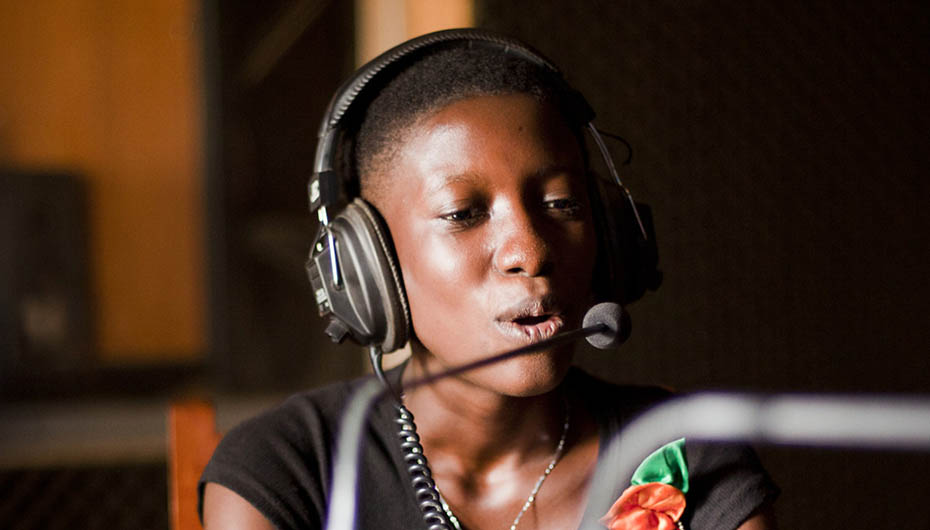Media Centre - Media release - 7 February 2019
Period emoji gets go-ahead to be added to emoji keyboard: Plan International

A period emoji has today been given the green light and is due to hit smartphone keyboards in early 2019, giving women and girls a much-needed new way to talk about their periods.
Unicode – the California-based organisation that manages the distribution of emojis – has confirmed that the blood-drop shaped emoticon will be rolled out on smartphone keyboards worldwide as early as autumn.
It comes after more than 55,000 people called for a period emoji to be added to the global emoji keyboard last year, in a campaign led by global girls’ rights organisation Plan International to help break down the silence, stigma and taboos surrounding periods.
Research from Plan International revealed a clear need for more accessible ways of talking about menstruation. A survey of women aged 18-34 found half (47%) believed a period emoji would make it easier for them to talk about their periods with female friends and partners.
Hayley Cull, Advocacy & Community Engagement Director at Plan International Australia, said: “The inclusion of an emoji which can express what 800 million women around the world are experiencing every month is a huge step towards normalising periods and smashing the stigma which surrounds them.
“For years we’ve obsessively silenced and euphemised periods. As experts in girls’ rights, we know that this has a negative impact on girls; girls feel embarrassed to talk about their periods, they’re missing out, and they can suffer health implications as a consequence.
“An emoji isn’t going to solve this, but it can help change the conversation. Ending the shame around periods begins with talking about it.”
The blood drop emoji is the result of a successful submission to Unicode from Plan International UK and NHS Blood and Transplant.
“Emojis play a crucial role in our digital and emotional vocabulary, transcending cultural and country barriers. A period emoji can help normalise periods in everyday conversation,” Ms Cull said.
“For an organisation like Unicode to recognise that menstruation should be represented in this new global language is a huge step towards breaking down a global culture of shame around periods.”
About the research
Opinium polled a nationally representative sample of 2,000 adults (aged 18+) in the UK. Fieldwork was carried out 21st to 24th February and between 5th and the 8th May 2017 via online survey. Results have been weighted to nationally representative criteria.
About Plan International
Plan International works in more than 75 countries to help create a just world that advances children’s rights and equality for girls. Our local office, Plan International Australia funds programs to support children in more than 25 countries, as well as sponsorship programs across the federation.
Media contacts

